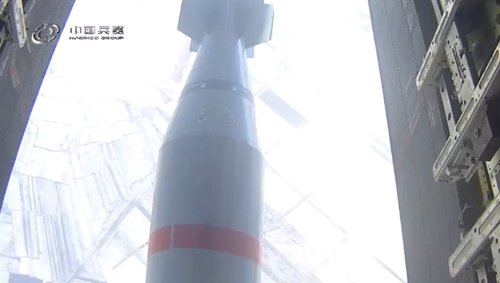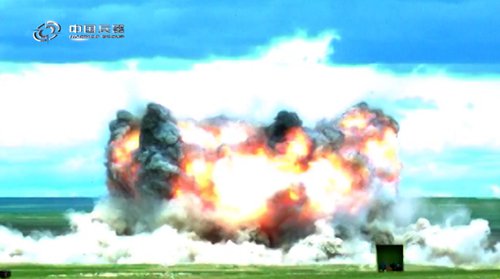No, you don't have to leave it at that. I'll do it for you. Over the last two decades, various proposals have been made for Taiwan to "deter" and "strike back" against mainland China invasion, instead of just passively defending itself:
1. Throw medium range ballistic missiles against strategic mainland targets, e.g., Shanghai, Hong Kong, and Three Gorge Dam.
2. Leverage Taiwan's "air-superiority" to strike preemptively mainland military targets when the invasion is found to be imminent, e.g., missile launchers.
3. Lastly, Taiwan develops its nuclear weapons.
Obviously, only the last one has real deterrence power, in theory. The emphasis is on "theory." The real question would be: How would Taiwan develop nuclear weapons? What would be mainland China's response? I'll leave it at that.
Meanwhile, in the real world, the latest advice from Rand to Taiwan is essentially: Forget about defense in symmetric force and stop imagine wasting money on F-35 etc., invest in asymmetric weapon platforms, such as anti-air missiles. I expect in a few years, in updated advisory reports, the recommendation would be to prepare street fights and to fortify cities on the island.
Militarily, Taiwan is a lost cause. What is a significant military imbalance across the Taiwan Strait will become complete military dominance by mainland China in a decade or so, even taking into account of external intervention. But that doesn't mean mainland China will invade Taiwan any time soon. Hong Kong had never been militarily defensible from mainland China since the founding of the People's Republic in 1949, but China had never planned to recover Hong Kong by force even though it never recognizes the "unequal treaties" with GB. It'll recover Taiwan when time is ripe.


